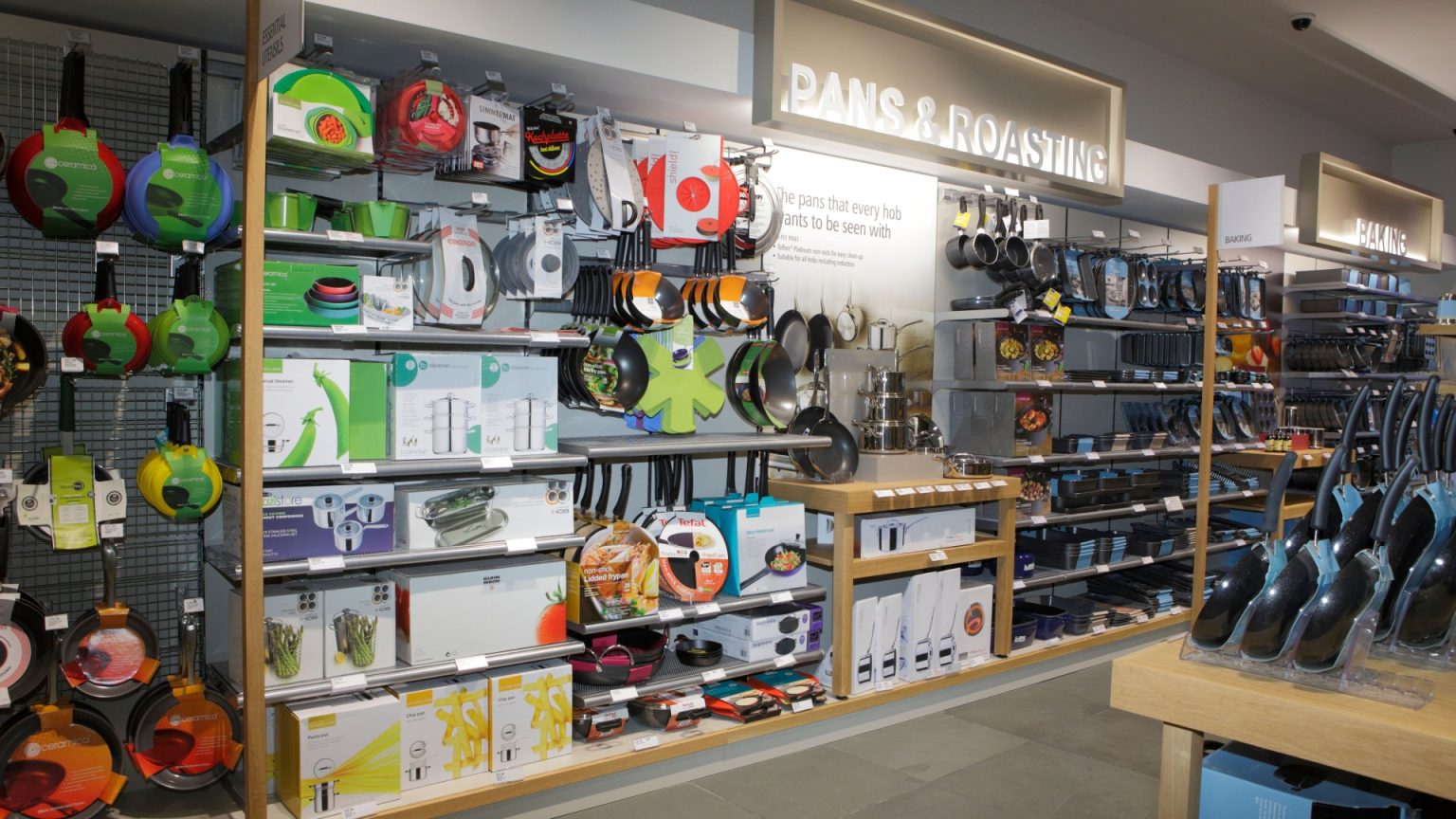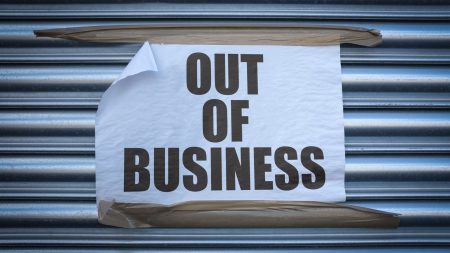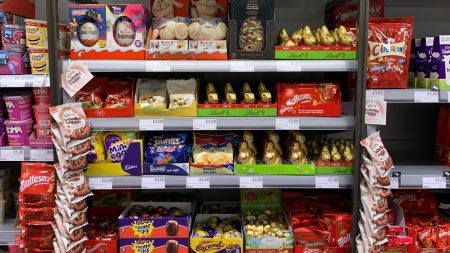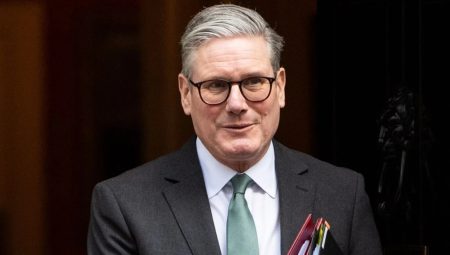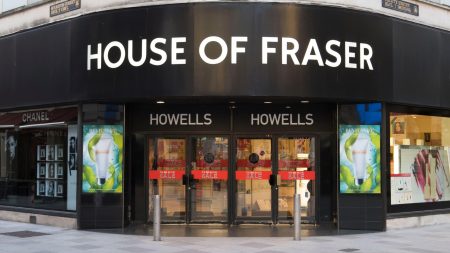Lakeland, a well-established UK homeware retailer with a 61-year history and 59 stores nationwide, is exploring a potential sale, raising concerns about the future of the iconic brand and its approximately 1,000 employees. The family-run business, currently led by the three sons of founder Alan Rayner, has engaged the advisory firm Teneo to assist in navigating the sale process. This move comes amidst a challenging economic climate for retailers, exacerbated by the recent budget announcements, which have increased costs for businesses. Lakeland’s primary lender, HSBC, is reportedly being advised by PricewaterhouseCoopers during this process. The potential sale underscores the strain faced by retail businesses in the wake of recent economic policies.
The backdrop to Lakeland’s potential sale is a challenging economic landscape, largely attributed to the fiscal policies introduced in the October budget, characterized by significant tax increases and rising costs for businesses. The British Independent Retailers Association deemed the budget “the most damaging for independent retailers in recent memory,” citing the increased employer National Insurance contributions and rising minimum wage as primary drivers of increased operating costs. These increased costs have forced many retailers to raise prices, potentially impacting consumer spending and further squeezing profit margins. The ripple effect is evident in the recruitment landscape, with a significant drop in job vacancies recorded in December, reflecting a shrinking job market and highlighting the financial pressures businesses are facing.
The budget’s impact extends beyond Lakeland, affecting businesses across various sectors, including supermarkets and fashion retail. Supermarkets like Sainsbury’s and Tesco have publicly acknowledged the anticipated price hikes on everyday goods, particularly fruits and vegetables, driven by the increased costs passed down from suppliers who are also grappling with the rise in National Insurance contributions. Supermarket CEOs have expressed their commitment to mitigating the impact on consumers by working closely with suppliers to find cost-effective solutions, but the challenges remain substantial. Similarly, Primark, a major fashion retailer, has attributed a decline in sales to weakened consumer confidence, linking it directly to the economic environment following the budget announcement.
The broader retail landscape paints a picture of widespread economic challenges. The budget’s impact is not limited to individual businesses but reflects a systemic issue affecting consumer confidence and business sustainability. The decline in job vacancies, coupled with reports of redundancies, indicates a concerning trend towards contraction in the job market, further compounding economic anxieties. The combined pressures of increased operating costs, rising prices, and declining consumer confidence create a volatile situation for businesses, requiring strategic adaptation to navigate the current economic climate.
The situation faced by Lakeland exemplifies the broader struggles within the retail sector. The rising cost of doing business, driven by policy changes, has placed significant pressure on profit margins, forcing businesses to consider drastic measures like exploring a sale or passing on increased costs to consumers. The interconnected nature of the retail ecosystem means that these challenges are felt across the board, from large supermarket chains to independent retailers, highlighting the systemic nature of the current economic difficulties. The potential sale of Lakeland serves as a stark reminder of the vulnerability of even established businesses in the face of economic headwinds.
Lakeland’s decision to seek a potential buyer underscores the significant challenges faced by retailers in the current economic environment. While the company holds a strong legacy and brand recognition, the pressures of increased costs, declining consumer confidence, and a competitive market have led to the exploration of a sale as a potential solution. The unfolding situation at Lakeland reflects the broader trends within the retail sector, serving as a case study of the economic difficulties confronting businesses across the UK and the strategic decisions they are making to navigate this challenging landscape.





